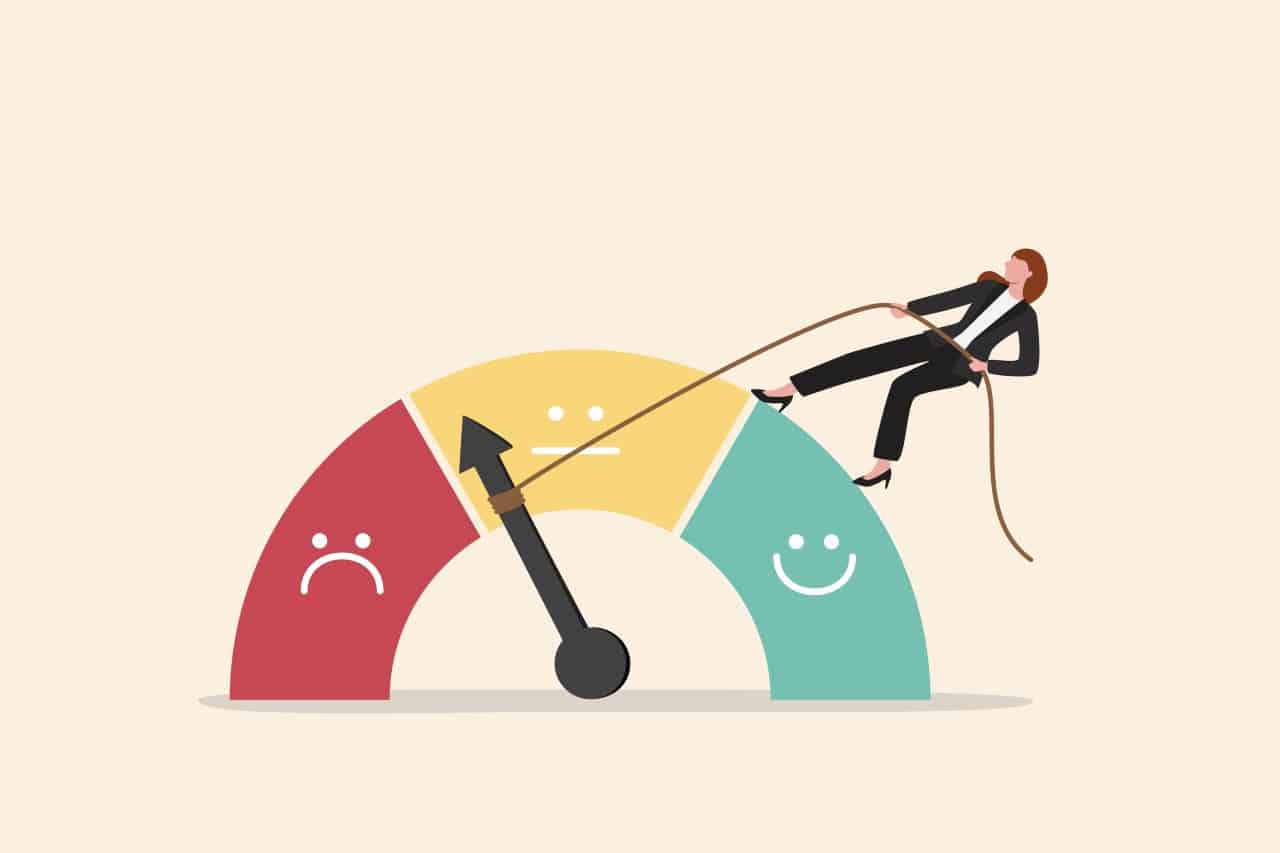It’s crucial to know what a good credit score is if you’re building or maintaining healthy credit. If your credit score is good, you have a higher chance of getting a lender’s approval for your loan or credit card application. It also qualifies you for favourable interest rates and terms.
The question is: what makes a “good” credit score? After all, good credit scores can vary by lender, credit type, and scoring model. You can have different credit scores from each of the major credit reporting bureaus. For instance, FICO scores can differ from TransUnion and Experian scores because of their different credit score models.
In this blog post, you’ll learn about credit scores and the factors that positively or negatively impact them.
Credit Score Ranges
Canada has a credit score range between 300 and 900. The higher your score, the more chance for you to obtain credit with a lower interest rate. On the other hand, a lower score may signal a higher credit risk, which causes the lender to turn down your application.
Take note of this general summary of credit score ranges below to know if your credit score can qualify you when you apply for loans or lines of credit. As mentioned earlier, credit score ranges can differ from one credit provider to another.
- Poor Credit Score (300-574). This scoring range means that you’ve had problems with your finances in the past, such as bankruptcy or foreclosures. As such, it will be hard for you to obtain a credit card or loan with this score.
- Below Average Score (575-659). It may be that you have loan defaults and late payments in your credit history. If you take out a loan or credit card with this score range, it’s likely that the interest rates are higher.
- Fair Score (660-689). Loan providers will see you as a moderate risk, which means the interest rate on your loan can still be expensive.
- Good Score (690-740). Having a good credit score means that you’ve paid your debt obligations or bills consistently and timely in the past. So, it will be easier for you to get approved or avail of better rates.
- Excellent Score (741-900). Having an excellent credit score qualifies you for better interest rates and higher credit limits. Lenders will also approve your applications faster if you have an excellent credit score.
Factors That Influence A Credit Score
There are factors that impact your credit scores, either for good or bad. While scoring models differ from one credit bureau to another, here are the common considerations that major credit bureaus look at when calculating credit scores.
- Payment History (35%). Banks, credit unions, and other loan providers will check if you have paid your debts and bills on time in the past. So, your payment history has the biggest influence on your credit score. It can either boost your credit score or drag it down.
- Credit Utilization (30%). This refers to the ratio of credit used against your total credit limit. For example, if your available credit is $1,000 and you have a balance of $400, it means that your credit utilization is 40%. According to experts, you should maintain your credit utilization rate at 30% or below to get a good credit score.
- Length of Credit History (15%). If you haven’t yet applied for credit, do it now. It’s not good to have no credit history. So, if you want to build your credit, you should take out a line of credit or loan and pay it on time. Lenders will consider you an experienced borrower if you have a long credit history.
- Hard Credit Checks (10%). A hard credit check is a process done by a lender to determine your creditworthiness. If you have too many hard credit checks in a short span of time, it can hurt your credit score because you might get suspected of credit shopping.
- Credit Mix (10%). If you have diverse types of credit in your credit history, you will get a slight boost in your credit score. However, you also need to ensure that you pay them timely.
Tips to Improve Your Credit Score
If you want to build or improve your credit score, here are some tips that you need to keep in mind.
- Pay your bills, credit cards, and loans on time.
- Lower your credit utilization rate.
- If it’s not necessary, avoid credit inquiries.
- Check your credit score for free every year to keep you updated. There’s an annual free credit report application that you can avail of for that purpose.
- Correct any wrong information in your credit profile.
- Don’t close your credit accounts immediately after paying them off.
Takeaway
Your credit score is crucial when applying for a loan, credit card, or other types of credit. You need to have a good or excellent credit score for you to get approved fast and obtain better rates. Review this guide if you need to learn more about credit scores.









